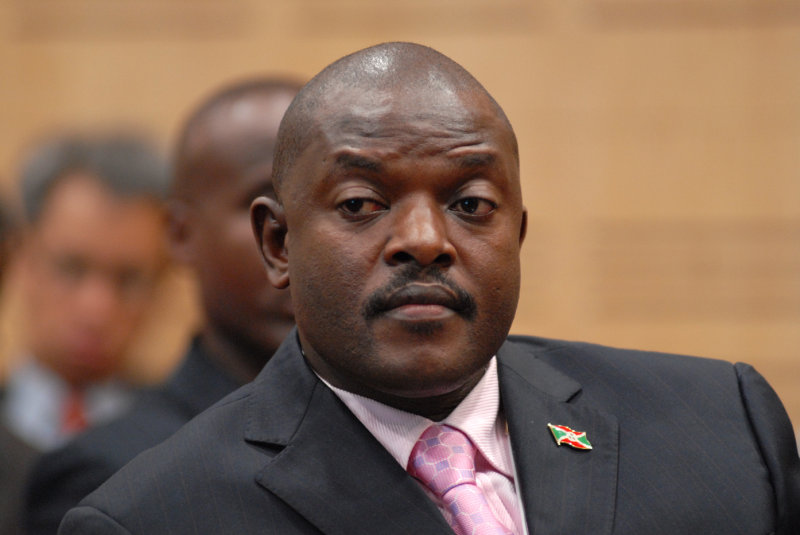Policy uncertainty has risen to become the top threat for businesses in Africa, according to chief executives interviewed for a new survey by advisory firm PricewaterhouseCoopers (PwC).
The CEOs are also concerned about availability of key skills among their staff as well as overregulation by government agencies.
“Policy uncertainty, a new threat in this year’s survey, rose to the top in Africa, replacing social instability,” PwC said in its 22nd Annual Global CEO Survey whose results were published this week.
“There is broad consistency in what keeps CEOs up at night around the world. Policy uncertainty is among the ten most ‘extreme concerns’ in every region and ranks in the top three everywhere except North America (where it is number seven) and Asia-Pacific (number six). Availability of key skills makes the top ten list in every region.”
Unavailability of skills has been a challenge over the years, with another outlook report by KPMG, 2019 East Africa CEO, indicating that getting the right skills and talent in new and emerging technology fields remains a challenge and that this calls for collaborations to fill the gap.
PwC’s report also cited the changing regulatory environment as the third biggest concern for corner office holders after operational risks and cyber security threats. The report showed that top on East African CEOs’ concerns were operational risks, cyber security threats and a changing regulatory environment.
This trend has been echoed globally in the PwC report with more than half of the CEOs expecting a slowdown in global economics. CEOs’ short-term (12-month) ‘very confident’ levels are down in every region save Africa, where they are only up one percent from rock bottom last year.
According to the report, the same holds true for the medium-term (three-year) outlook.
“Globally, we see a nine percent drop in the percentage of CEOs who are ‘very confident’ about their revenue growth prospects over the next three years,” the report says.
Further, 80 percent of CEOs in Africa and Western Europe are planning ‘operational efficiencies’ to drive revenue growth.
African CEOs also ranked significant retraining and upskilling as the most important to close a potential skill gap in their organisations. This was followed to establishing a strong pipeline direct from education.
“Addressing these gaps is critical as the majority of CEOs believe AI will have a larger impact than the internet revolution,” says the report.
Despite this fact, nearly a quarter of the CEOs surveyed have no plans to pursue AI ‘at the moment’.
“The skills gap is one factor stalling progress with AI, yet it’s not only a matter of hiring or developing AI specialists and data scientists,” says PwC.
This year’s concerns by chief executives has been a shift compared to last year.
“CEOs are less bothered by the broad, existential threats that figured prominently in the rankings last year, like terrorism and climate change, and are more ‘extremely concerned’ about factors that affect the ease of doing business in the markets where they operate and those that impact their overall confidence and willingness to invest and/or take risk.”
This has been aggravated by the ongoing conflict between large economies as well as trade disputes.
-Business Daily





